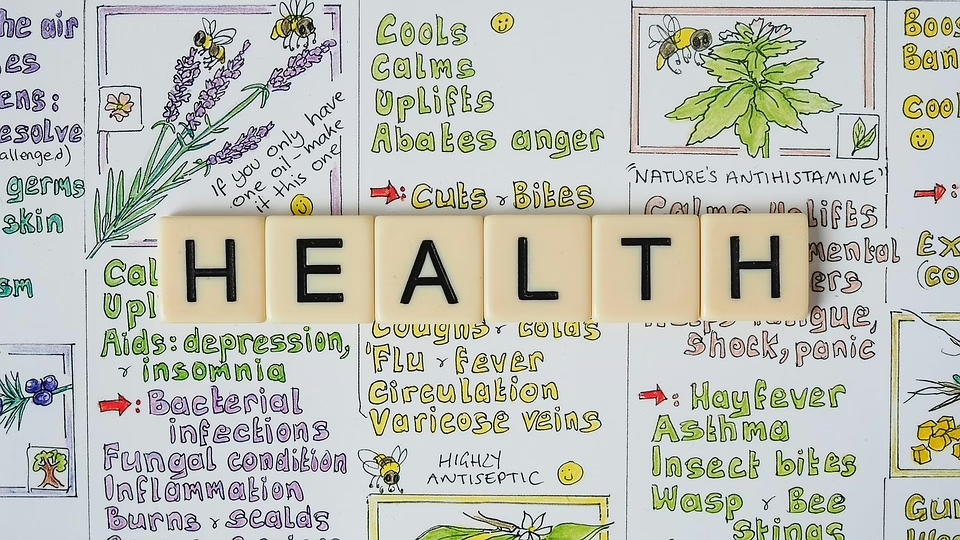Waste Not: How Proper Sanitation Practices Can Improve Our Environment
Introduction
In an age where climate change, pollution, and environmental degradation dominate global discourse, the importance of effective sanitation practices cannot be overstated. Proper sanitation not only protects human health but also plays a crucial role in environmental preservation and sustainability. This article will explore the links between sanitation and environmental health, focusing on how mindful waste management can contribute to a cleaner, healthier planet.
The Importance of Sanitation
Sanitation refers to the provision of facilities and services for the safe disposal of human urine and feces. It also encompasses the management of solid waste, wastewater, and hazardous materials. Proper sanitation practices are essential for several reasons:
-
Health Protection: Poor sanitation has been linked to numerous diseases, including cholera, dysentery, and typhoid. By ensuring proper waste management, we reduce the incidence of these illnesses, thus protecting public health.
-
Environmental Protection: Waste, if improperly disposed, can contaminate soil, water, and air, leading to long-term ecological damage. Effective sanitation practices help mitigate these risks.
-
Economic Benefits: Investing in proper sanitation can generate enormous economic returns by reducing healthcare costs and increasing productivity.
-
Social Equity: Access to proper sanitation is a basic human right. Sustainable practices can ensure that vulnerable communities are not disproportionately affected by poor sanitation.
The Sanitation-Environment Nexus
Water Quality
One of the most immediate impacts of improper sanitation is water contamination. According to the World Health Organization (WHO), approximately 2 billion people use a drinking water source contaminated with feces. This contamination can lead to a slew of health problems and can negatively affect ecosystems.
Solutions
- Wastewater Treatment: Properly treating wastewater before it is released into water bodies is crucial. Advanced treatment technologies can help minimize pollutants and pathogens.
- Decentralized Systems: In many rural areas, centralized sanitation systems are impractical. Decentralized systems, such as composting toilets, can provide effective solutions.
Soil Health
Soil degradation is a growing concern, exacerbated by pollution from contaminated waste. Heavy metals, plastics, and other toxic substances can leach into the ground, adversely affecting soil fertility and biodiversity.
Solutions
- Composting: Organic waste can be composted, creating nutrient-rich fertilizer while reducing landfill waste. This practice improves soil health and reduces the need for chemical fertilizers.
- Landfill Management: Properly managed landfills can prevent leachate from contaminating the surrounding soil. Using liners and monitoring systems can mitigate these risks.
Air Quality
Improper waste management practices contribute to air pollution. Open burning of waste releases harmful chemicals and gases into the atmosphere, affecting air quality and human health.
Solutions
- Waste-to-Energy Technologies: Converting waste into energy can mitigate the need for burning waste. This approach can produce electricity while reducing the volume of waste.
- Public Awareness Campaigns: Educating communities about the dangers of open burning can lead to more sustainable waste disposal practices.
The Role of Technology
Technology is a cornerstone in enhancing sanitation practices. Modern innovations offer solutions that can significantly improve waste management systems.
Smart Waste Management
Smart technologies can enhance waste collection and recycling efforts. For instance, waste bins equipped with sensors can monitor fill levels, optimizing collection routes and reducing fuel consumption.
Biotechnological Solutions
Biotechnology offers novel solutions for waste treatment. Microorganisms can be employed to break down organic waste, leading to the production of biogas, which can be used for energy.
Smart Urban Planning
Integrating sustainable sanitation practices in urban planning can lead to improved waste management. Cities can design infrastructure that promotes recycling, composting, and waste reduction from the outset.
Policy and Legislation
Effective sanitation practices cannot thrive in a vacuum. Comprehensive policies and regulatory frameworks are essential in promoting sustainable sanitation practices.
National Policies
Governments should prioritize sanitation in their development agendas. This includes investing in infrastructure, providing financial resources, and creating regulations that promote best practices.
International Cooperation
Sanitation is a global issue that requires international cooperation. Countries must share knowledge, resources, and technology to create a more sustainable future.
Community-Based Approaches
Involving local communities in the planning and implementation of sanitation projects can lead to more effective and culturally sensitive solutions. Community participation promotes a sense of ownership and responsibility.
Education and Awareness
Education is a critical component in promoting sustainable sanitation practices. Awareness campaigns can inform citizens about the importance of proper waste management and how they can contribute.
School Programs
Integrating sanitation education into school curricula can instill environmentally responsible habits in children, shaping future generations’ attitudes toward waste management.
Community Workshops
Workshops can be effective in educating adults about sustainable practices, such as composting, recycling, and waste reduction.
Conclusion
The importance of proper sanitation practices cannot be overstated. Investing in sanitation is investing in health, environmental sustainability, and economic growth. By adopting a holistic approach that includes technology, policy, education, and community involvement, we can make significant strides in improving our environment.
As we look to the future, it is crucial for individuals, communities, governments, and organizations to unite in their commitment to waste reduction and proper sanitation. The path to a cleaner, healthier planet begins with a simple but powerful message: Waste Not.
References
- World Health Organization. (n.d.). Water, Sanitation, and Hygiene.
- United Nations. (2015). The Sustainable Development Goals Report.
- Centers for Disease Control and Prevention. (2020). Water-related Diseases.
- Food and Agriculture Organization. (2018). The State of Food Security and Nutrition in the World.
- United Nations Environment Programme. (2018). Sustainable Waste Management Practices.


























Add Comment